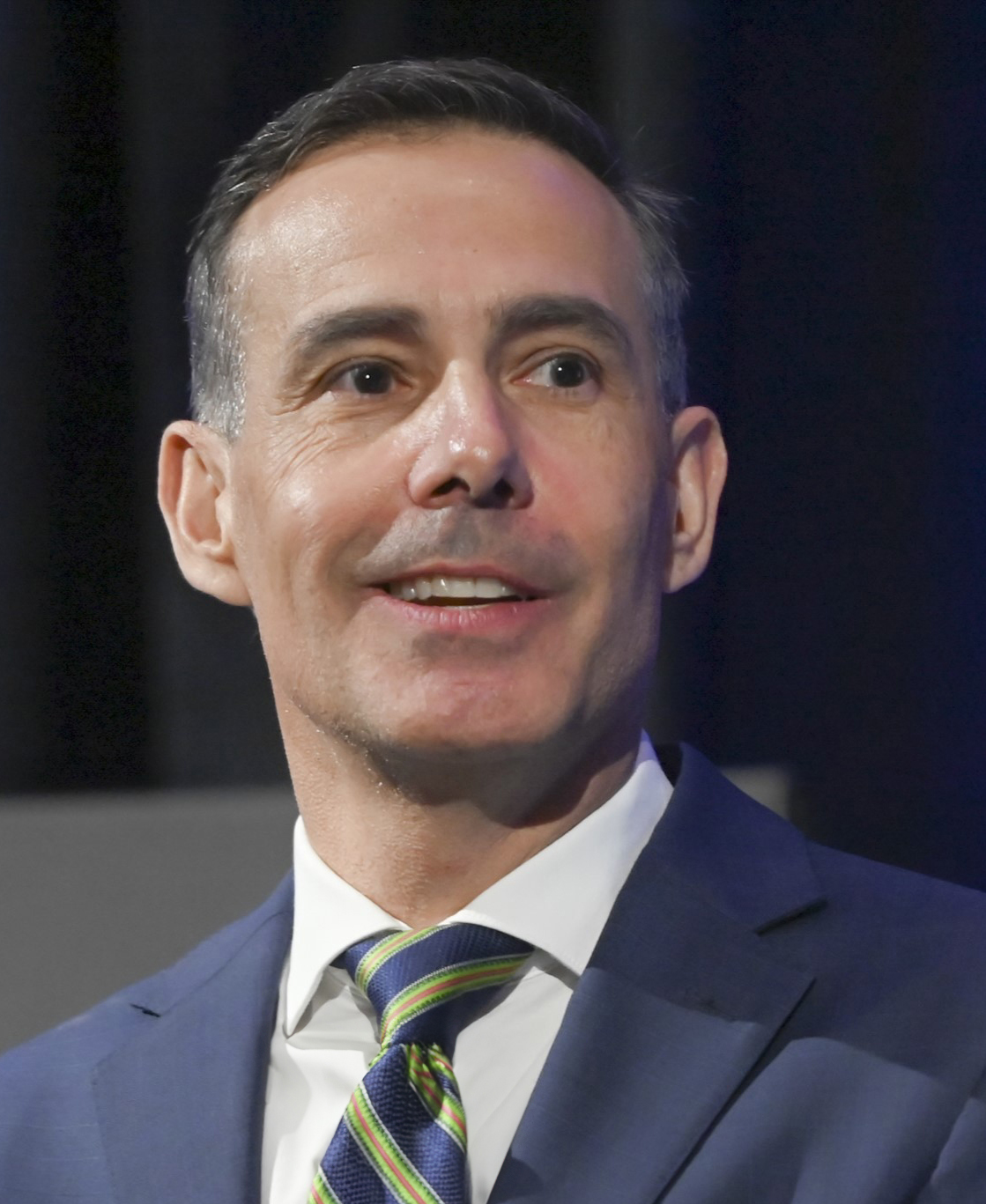The transition from fee-for-service to value-based care (VBC) puts continued pressure on the healthcare industry, especially as organizations push to remain relevant in a competitive environment while improving patient outcomes. The primary goal of VBC is to enhance clinical results and reduce overall healthcare costs, aligning care delivery with the evolving expectations of payers and patients. Learning to utilize comprehensive, real-time, and actionable data from advanced technology will fully
Read More
Ransomware in RCM: Why Your Billing System Is an Overlooked Cybersecurity Risk
When a major healthcare payment processor was hit by a ransomware attack in early 2024, medical practices across the country were thrown into chaos. Routine billing processes, like eligibility checks, claims submissions, and payments, all ground to a halt. Some providers waited weeks to get paid. Others struggled to reassure anxious patients amid financial uncertainty. For small and midsize practices, the disruption wasn’t just inconvenient; it was existential.
The incident exposed an
Read More
Modernizing Medicare Advantage Translations: How AI Streamlines Compliance for Health Payers
For healthcare payers offering Medicare Advantage and Dual Special Needs Plans (D-SNPs), the translation of member-facing materials is a costly, complex and high-stakes process. Translation requirements place an enormous burden on payers and, yet, it is critical for a positive member experience and accessibility in the U.S., where nearly 68 million people speak a language other than English at home.
The Centers for Medicare & Medicaid Services (CMS) mandates that materials such as Annual
Read More
Beyond the Black Box: Why Health Plans Must Redesign Utilization Management for Transparency
For too long, utilization management (UM) has been the most painful source of abrasion between health plans and healthcare providers.
Care decisions are too often made by third-party vendors with opaque regression algorithms trained on old data. Providers are left wondering why medically necessary care is delayed—or denied. And patients, caught in the middle, suffer the consequences. What was intended as a validation of medical necessity has become a byword for inefficiency, and a root of
Read More
MedTech M&A Surges in 2025: Why Startups Are Now Ripe for Acquisition
After a few mixed years in medical technology (MedTech) mergers and acquisition (M&A) activity, 2025 is shaping up to be a landmark year, particularly among cash-rich medical device strategics. In Q1 2025, there were 57 MedTech M&A transactions totaling $9.2 billion, compared to 62 deals worth $2.7 billion in Q1 2024, according to J.P. Morgan’s MedTech sector report.
First quarter venture capital (VC)
Read More
Reducing Healthcare Waste by Minimizing Reshipments to Clinics
An often-referenced fact is that the U.S. spends more money on healthcare than any other nation. Experts estimate that the cost of waste in the U.S. healthcare system range between $760 billion to $935 billion, about 25% of all spending. One area with strong potential for waste reduction is the minimization of reshipments to clinics. Reshipping medications to clinics is not just a logistical issue—it’s a matter of patient care and, in some cases, saving lives. Clinics frequently report missing
Read More
From Behavioral Health to Movement Disorders: How Cross-Application AI Is Reshaping Diagnosis
The progression of artificial intelligence in healthcare has largely occurred in silos, with innovations developing within specific medical domains rather than across them. Yet some of the most promising advancements emerge when we apply technological breakthroughs from one field to another.
This is precisely the case with AI screening technologies originally developed for behavioral health that now show remarkable potential for movement disorder assessment and monitoring.
The Parallel
Read More
How Hospitals Can Reduce the Threat of Workplace Violence
A recent report from the American Hospital Association draws welcome attention to a long-festering problem: the impact of violent attacks on a cornerstone of our healthcare system.
The report finds that hospitals in 2023 spent $18.27 billion to contend with a rising tide of violence both inside and outside their four walls. That includes $3.62 billion to protect workers, including violence prevention programs, training, technology, and other facility security measures.
It adds to a
Read More
A New Era in Prostate Care: The Shift from Overtreatment to Precision Diagnosis
Understanding Prostate Cancer: Not All Are the Same
Prostate cancer is the second most common cancer in men, but what many don’t realize is that it’s not a one-size-fits-all disease. There are different types of prostate cancer—some grow very slowly and may never cause harm, while others are aggressive and can spread quickly if not treated in time.
Non-aggressive (low-risk) prostate cancer often grows so slowly that it may never need treatment. Many men with this type can safely
Read More
The AI Paradox: Why AI Agents Are the Newest Risk in Healthcare Security
As artificial intelligence agents become increasingly embedded in clinical workflows - making decisions, accessing records, and interacting with patients - the traditional boundaries of identity and access management are blurring. In healthcare environments where clinical staff already represent a significant security risk due to complex workflows and high-pressure conditions, the introduction of AI agents acting on behalf of humans adds a new and underregulated attack surface.
These agents
Read More











